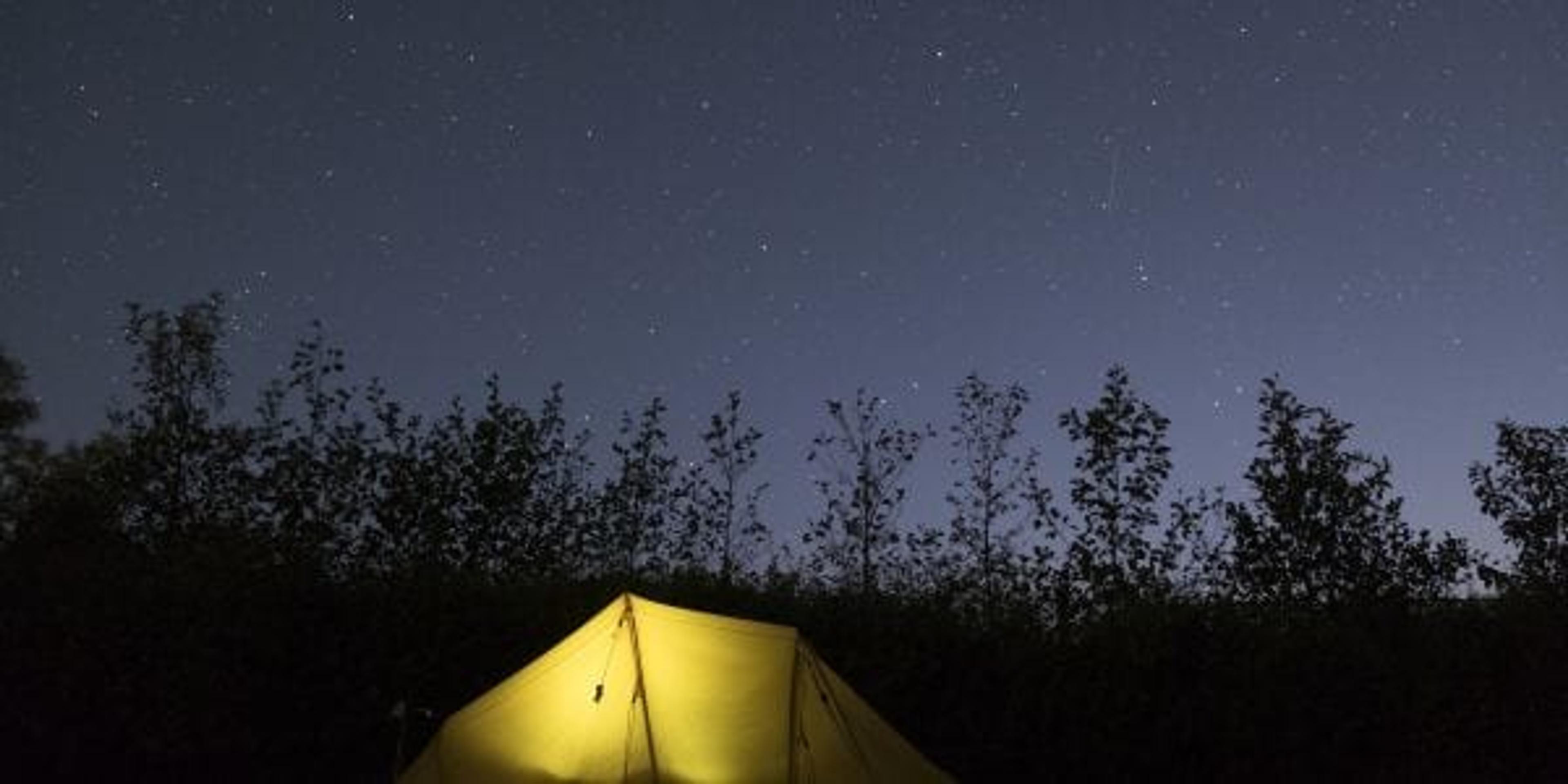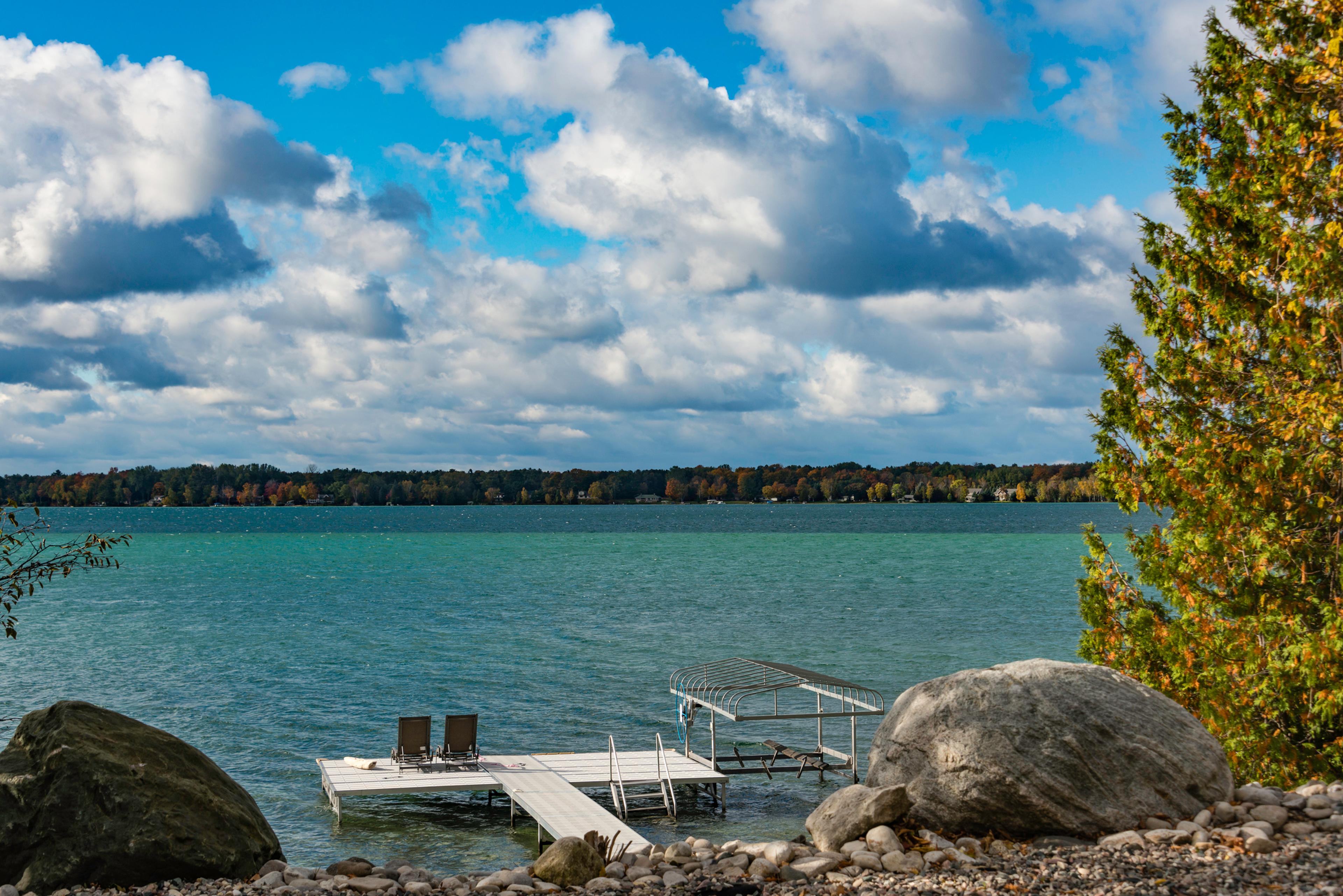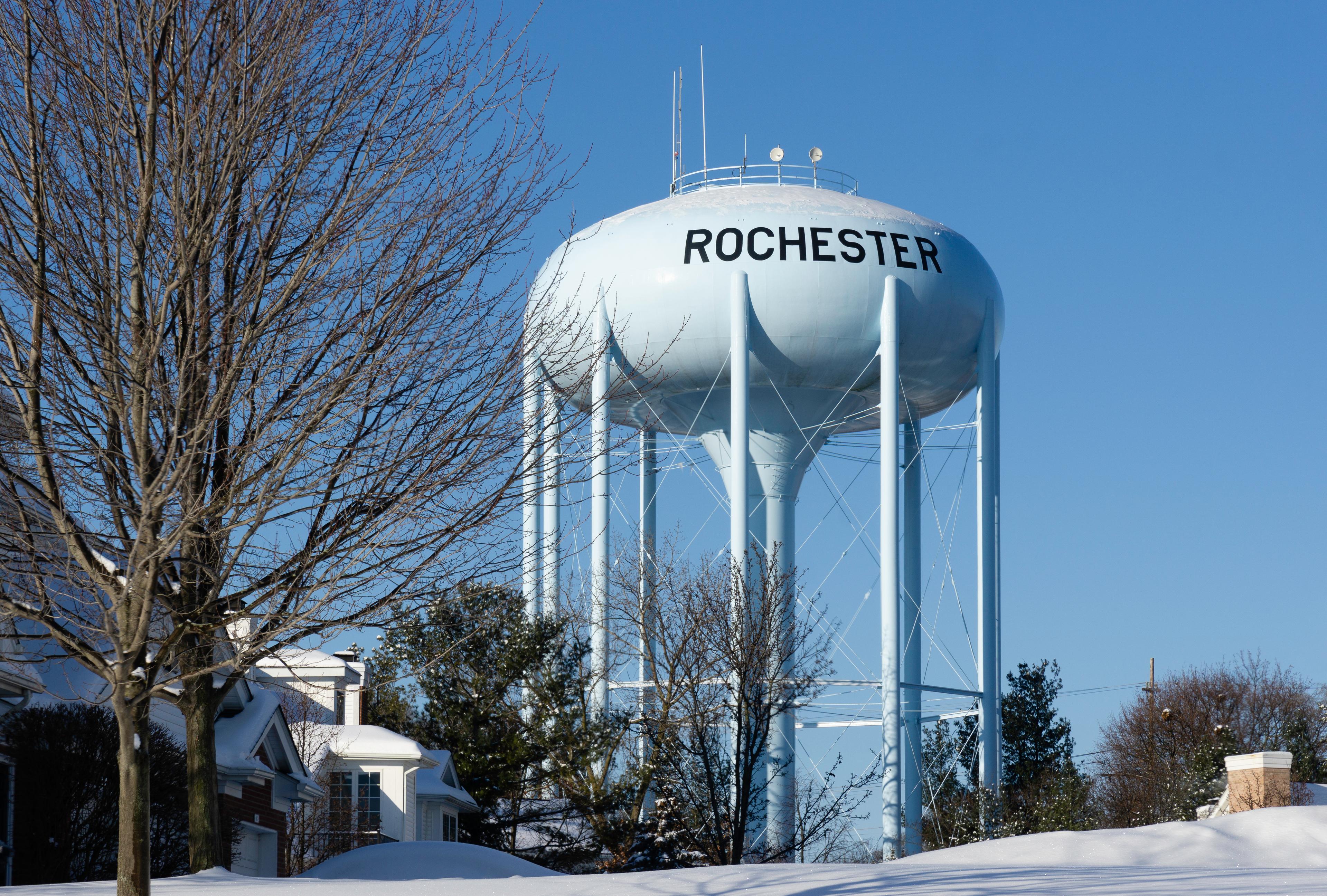Safety tips to remember when sleeping underneath the stars
Brandon Burbank
| 3 min read

Now that summer is in full swing, it means getting back to grilling, hitting the water parks or simply soaking in the sun; for others, it means packing up the car and heading to a campground.
If you are an avid camper, Michigan has a lot to offer. From Monroe to Keweenaw County, there are over a thousand campgrounds across the state. The Mitten State offers plenty of scenic views no matter if you end up on the beaches of Oscoda or the dunes of Sleeping Bear. While camping is certainly an acquired taste for some, there’s an inexplicable appeal to finding yourself in the middle of nowhere. Although there is a sense of simplicity and relaxation that surrounds camping, not being properly prepared for unavoidable situations could take the enjoyment out of your trip.
Whether you’re taking the RV or “roughing it” in the woods, safety is essential to ensure an enjoyable experience when kicking back with Mother Nature. To better prepare yourself, consider the following precautions before you head out to your favorite campground.
Sunscreen
The summer months are synonymous with increased sun exposure. Having sunscreen and aloe on hand is important to ensure your skin is safe while outdoors. According to healthcommunities.com, sunburns become most evident 6 to 24 hours after sunning. Depending on how fair your skin is, it is possible to encounter second or even third-degree burns from being out in the sun for too long without protection. Most burns fall into the category of first-degree burns, where your skin is reddish and feels tender. Second-degree sun burns cause small fluid-filled blisters and could need medical treatment in extreme cases. Third-degree burns require medical attention. Symptoms include severely red to purplish skin discoloration, which can be accompanied by nausea, chills, aches and fever.
Hydration
When camping, the weather can dramatically change from morning to night. The day could start out cool and clear, and then turn into hot and humid by early afternoon. Gauging the weather day to day is difficult to do, but being prepared to avoid dehydration will ensure a comfortable camping experience. Though avoiding dehydration isn’t as simple as just drinking water. There are numerous causes for dehydration and symptoms. Arm yourself with more knowledge on how to combat dehydration.
First Aid
Whether gathering firewood or hiking through the woods, it easy to scrape or cut yourself when you’re constantly on the go. Be sure to carry portable first aid kit with you on the go. In instances when you do get a cut, avoid using streams or other water sources around you as they may be contaminated, which could infect injury. In your kit, be sure to carry alcohol pads or antiseptic disinfectant. In addition, use gauze, cotton balls and band aids to help control and stop bleeding. Place all of these items in a dry, sealed container to ensure these items remain sterile.
If you enjoyed this post, you might also like:
Photo Credit: Kitty Terwolbeck





